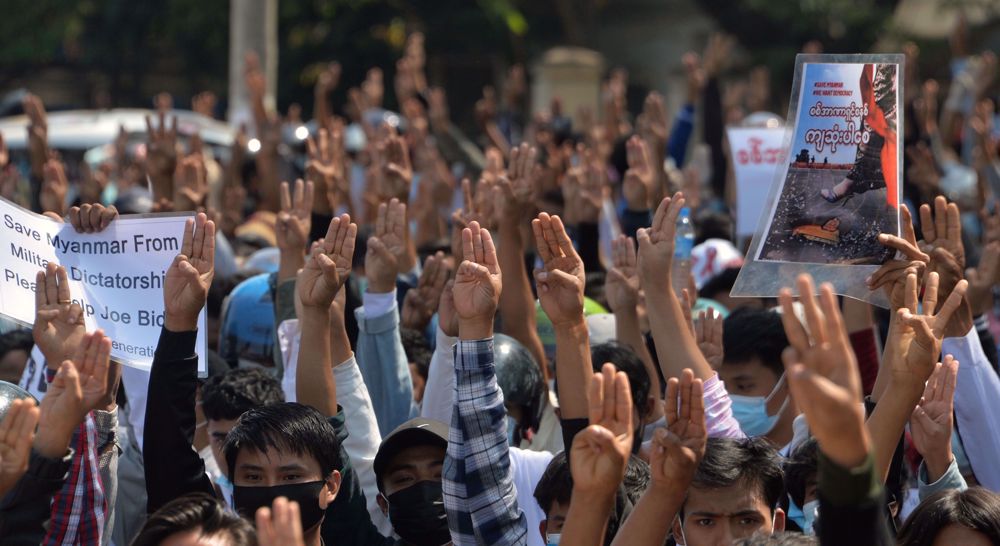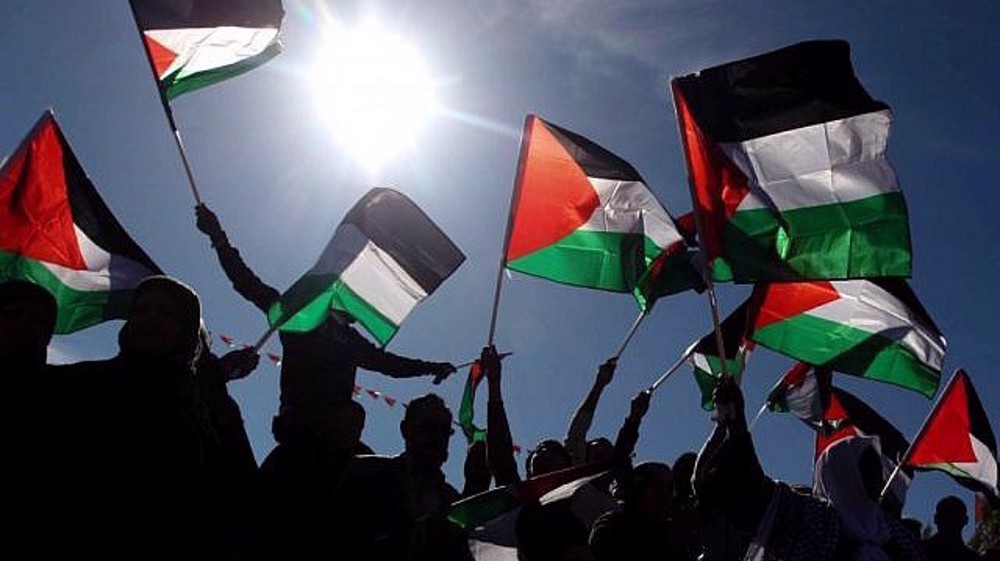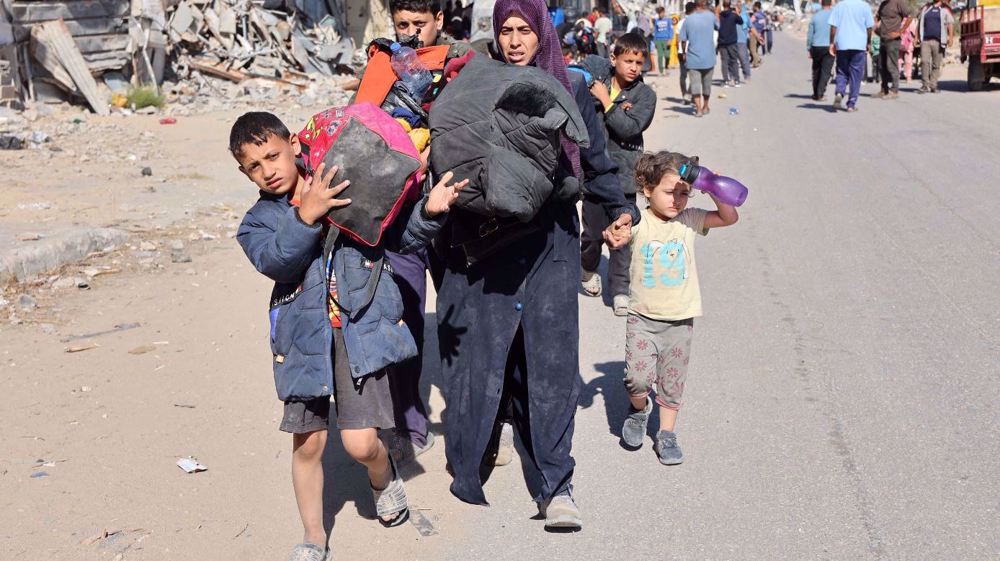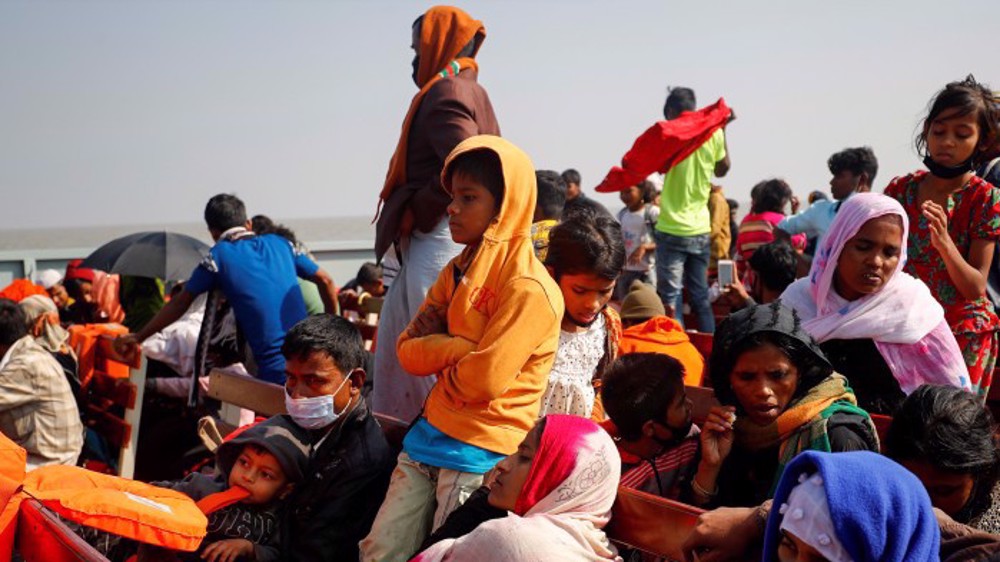‘World is watching,’ UN official warns Myanmar's junta after coup
A United Nations (UN) official has urged Myanmar’s military to refrain from using violence against anti-coup protesters, warning that human rights abuses in the country would not go unnoticed.
“The world is watching,” Deputy UN High Commissioner for Human Rights Nada al-Nashif said at a Human Rights Council emergency meeting on the crisis in Myanmar in Geneva on Friday.
“Let us be clear: the indiscriminate use of lethal or less-than-lethal weapons against peaceful protesters is unacceptable,” Nashif said.
The remarks come amid reports that security forces have used live ammunition against demonstrators in Myanmar, as protests continue to grow over the country’s recent military coup, which overthrew de facto leader Aung San Suu Kyi.
Security forces have also been confirmed to have used rubber bullets and water cannon against protesters.
Al-Nashif called on Myanmar’s military to return power to civilian control, and decried the detention of the country’s political leaders.
The UN official further voiced concern about the sanctions being imposed on Myanmar following the February 1 coup, stressing they needed to be “carefully targeted” to avoid harming innocent people.
“Any sanctions under consideration should be carefully targeted against specific individuals who are credibly alleged to have violated the people’s rights,” she said.
“Leaders of this coup are an appropriate focus of such actions,” she said, adding that, “It is of critical importance that no harm should be inflicted on the most vulnerable people in the country.”
The administration of US President Joe Biden has slapped sanctions on a number of military leaders in Myanmar following the coup.
The Human Rights Council is also considering a draft resolution formally submitted by Britain and the European Union (EU) that calls for the release of Suu Kyi and other officials, as well as access for UN human rights monitors to the country. It stops short, however, of calling for sanctions.
On February 1, a number of military commanders detained Suu Kyi and President Win Myint as well as other senior figures from the ruling party over what they called irregularities in the November 2020 elections that saw Suu Kyi’s party win a majority of seats.
The junta handed power to General Min Aung Hlaing and said it would take control of the country for one year.
Since then, cities in Myanmar have been the scene of widespread protests against the military.
Myanmar was ruled by the military from 1962 until 2011, when Suu Kyi ended the junta rule.
But her international reputation has been tarnished due to her support for a campaign of genocide against the minority Rohingya Muslim community that started in 2017.
VIDEO | Press TV's news headlines
VIDEO | Jordanians call for action against Israeli aggressions in West Asia
As polls close, Trump takes early lead against Harris
VIDEO | Iran, Pakistan vow to resist Israeli genocidal actions in Gaza
Israeli strike on Lebanon kills at least 15 people
Israeli forces kill 7 more Palestinians in West Bank
VIDEO | US presidential election
Netanyahu fires military affairs minister Gallant
















 This makes it easy to access the Press TV website
This makes it easy to access the Press TV website